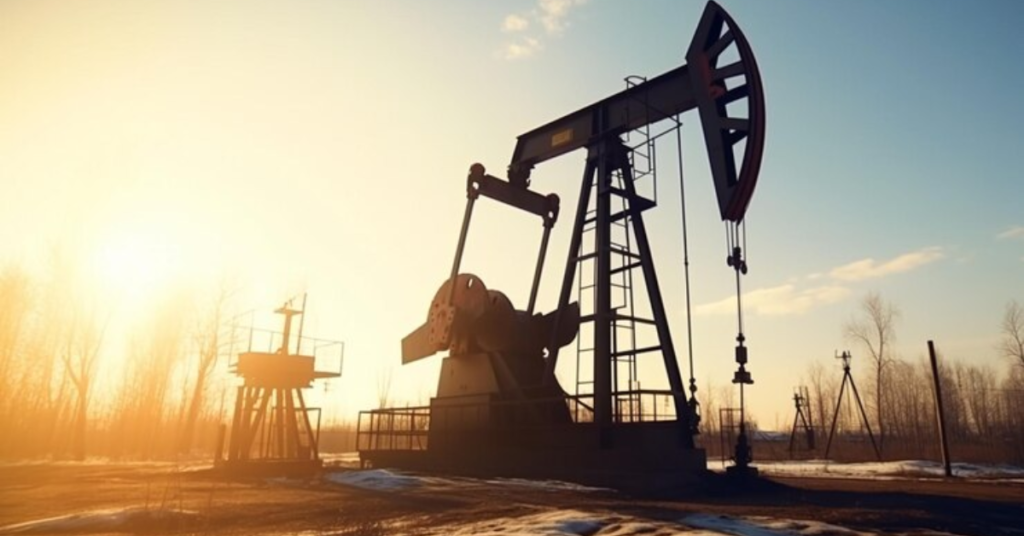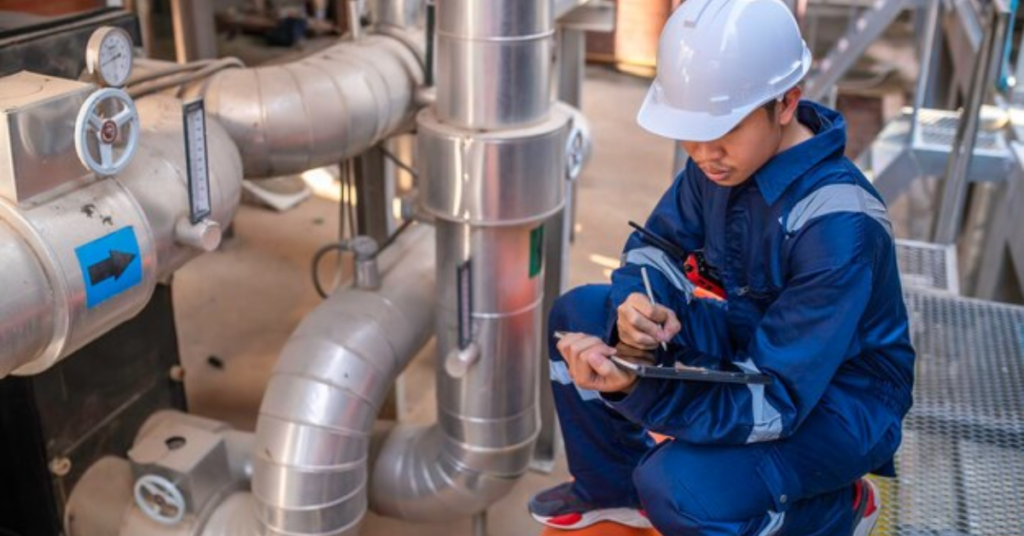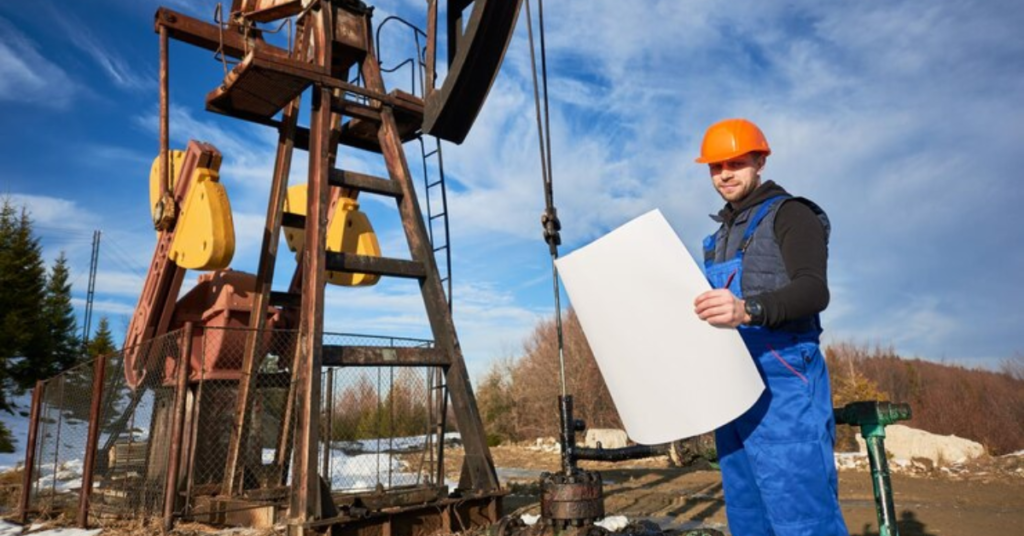The oil and gas sector has long been associated with the Gulf area, which includes nations like Kuwait, Saudi Arabia, the United Arab Emirates, and Qatar. This industry has shaped the region’s economy and the world energy markets thanks to its enormous deposits and long history. It is a source of creativity and pride, the oil and gas business in the Gulf drives growth and development for the country as well as other industries.
Exploration and Production Roles

Investigation and creation roles are at the heart of the business, with specialists tasked with discovering new holdings and perfecting extraction procedures. These professions usually demand a strong background in geography, design and natural science, as well as active participation in penetration chores and board repository.
Engineering and Technical Positions
Engineering and technical jobs are critical to the industry’s success, from developing innovative drilling methods to implementing new extraction procedures. Skilled workers like Mechanical, electrical or instrumentation engineers, there is always a high need for skilled professionals who can develop fresh ideas and adapt to changing industry requirements.
Operations and Maintenance Jobs

Operations and maintenance jobs are important for keeping oil and gas facilities running smoothly and efficiently. People in these positions handle the daily operations, carry out routine inspections and create maintenance plans to make sure everything runs well and to reduce any unnecessary hurdles.
Management and Administrative Roles
Management and administrative roles are the main to make any organization, including the oil and gas industry, run properly and succeed. People in these roles are responsible for operations, organizing activities, and handling resources to make everything run smoothly and efficiently. Here are some of the important management and administrative jobs in the industry:
- Project Managers: Project managers oversee oil and gas projects from inception to completion, ensuring that they are completed on time, within scope and on budget. They coordinate with various departments and stakeholders, manage resources and mitigate risks to ensure project success.
- Financial Analysts: When it comes to managing and supervising the financial aspects of oil and gas operations, financial analysts are important. In order to assist with strategic planning and decision-making, they estimate financial trends, develop budgets, evaluate financial data to offer insights to support decision making and planning.
- HR Specialists: Human resources specialists are responsible for managing the recruitment, training and development of employees within the oil and gas industry. They oversee compliance with employment rules and regulations, manage employee interactions and execute HR policies and procedures to maintain a healthy work environment.
- Marketing Professionals: Marketing professionals play an important role in advancing oil and gas products and services to worldwide customers. They create and carry out marketing strategies, conduct market research and execute targeted campaigns to upgrade brand visibility, drive deals, and grow market share.
- Procurement Officers: Procurement officers are responsible for sourcing and purchasing goods, services, and equipment required for oil and gas operations. They negotiate contracts, manage supplier relationships and ensure timely delivery of materials to support ongoing projects and activities.
- Administrative Assistants: Administrative assistants provide clerical and administrative support to management and staff within the oil and gas industry. They manage correspondence, organize meetings and events, maintain records and perform other administrative tasks to facilitate smooth operations and efficient workflow.
- Compliance Officers: Compliance officers ensure that oil and gas operations comply with relevant laws, regulations and industry standards. They conduct reviews, monitor complaints and carry out corrective actions to fix any issues or violations, subsequently making changes accordingly to keep up the reputation of the organization.
Each of these management and administrative roles plays a critical role in the overall success and sustainability of the oil and gas industry. Professionals in these positions often possess a combination of technical expertise, leadership skills and industry-specific knowledge, making them invaluable contributors to the organization’s growth and development.
Specialized Roles

In the oil and gas industry, there are many specific positions that require specific abilities to succeed. These positions are truly important for taking care of, delivering and getting oil and gas to where it needs to go. These are some specific positions of that you can get in the business:
- Geologists: Geologists play an important role in the investigation stage, study on rock and geographical information to recognize expected oil and gas reserves.
- Drillers: Drillers operate drilling rigs and equipment to extract oil and gas from underground reservoirs safely and efficiently.
- Petroleum Engineers: Petroleum engineers design and optimize extraction processes to maximize production and minimize environmental impact.
- Mechanical Engineers: Mechanical engineers are responsible for designing, maintaining and troubleshooting mechanical systems and equipment used in oil and gas operations.
- Electrical Engineers: Electrical engineers oversee the design, installation, and maintenance of electrical systems and equipment, ensuring reliable and efficient power supply to oil and gas facilities.
- Instrumentation Engineers: Instrumentation engineers focus on the design and implementation of control systems and instrumentation used to monitor and regulate oil and gas production processes.
- Electronics Engineers: Electronics engineers develop and maintain electronic systems and equipment, including sensors, communication devices and automation systems, to enhance operational efficiency and safety.
Key Skills and Qualifications Required
These are a few essential skills and qualifications needed for success in the dynamic oil and gas sector, spanning technical expertise to leadership capabilities.
Educational Background and Certifications

A strong educational background in fields like engineering, geology and business administration ( BBA, MBA) is often required for many oil and gas jobs. Moreover, you may improve your reputation and get access to advanced job options using suitable certifications from industry groups.
Technical Skills and Competencies
Technical proficiency is paramount in the oil and gas industry, with employers seeking candidates who possess hands-on experience and specialized skills in areas such as drilling, reservoir management, (E&I, Mechanical) technician and supervision, QA/QC etc.
Current Demand for Oil and Gas Professionals

Regardless of the developing landscape and expanding focus on eco-friendly friendly power sources, the interest for oil and gas professionals in the Gulf region stays strong. With progressing projects and new open doors arising, there’s a consistent requirement for talented workers across different areas of the industry.
Emerging Opportunities and Sectors
As the industry adopts technological advancements and digitalization, new open doors are emerging in the area like data analytics, artificial intelligence, and renewable energy integration. professionals who can adjust to these changes and influence new technologies will be strategically set up to profit by arising potential opportunities.
Impact of Technological Advancements and Digitalization

Innovation and digitalization are altering the oil and gas industry, changing traditional tasks and preparing for more effective, maintainable, and inventive practices. From robotized boring systems to ongoing data analysis, these advancements are completely changing the job positions and making new roads for development and advancement.
Salary and Compensation Packages
These are few Salary and Compensation Packages in the Oil and Gas Industry.
Average Salaries for Different Roles and Experience Levels

The oil and gas industry in the Gulf region is known for offering good salaries and comprehensive packages to draw in and retain top talent. While salaries can differ essentially depending upon factors like experience, qualifications and the particular job, Marketing experts and HR can expect to acquire attractive packages that reflect their commitments to the success of the industry.
Benefits and Perks Offered by Employers
The oil and gas companies usually provide a variety of benefits such as medical insurance, retirement plans, and bonuses. These incentives improve your total pay bundle as well as add to your work fulfillment and balance between satisfaction and work-life.
Career Development and Growth Opportunities

Exploring Career Advancement, Professional Development, and Growth Opportunities in the Oil and Gas Industry.
Training and Professional Development Programs
The oil and gas industry offers many opportunities for training and development which allows you to learn new skills, improve your knowledge and boost your career. Whether it’s through onsite training programs, external courses or industry certifications, continuous learning is often encouraged and supported by employers.
Cultural Aspects and Living Conditions

Working in the oil and gas industry in the Gulf countries offers a special mix of professional opportunities and lifestyle benefits. The Gulf region holds a rich legacy and diverse fabric. Modern facilities and high class living, making it an attractive destination for foreign workers.
Conclusion
The Gulf’s oil and gas industry presents a wealth of job opportunities across various sectors, from technical roles to management and administration. With a rising demand for specialized skills in areas like mechanical, electrical and marketing, there’s ample room for career growth. As the industry evolves with technological advancements and sustainability initiatives, adapting to these changes will be key for professionals aiming to capitalize on emerging opportunities. Overall, the Gulf region offers exciting prospects for those seeking a rewarding career in the oil and gas sector.

Mohammad Dilshad Nadeem,a competent content writer for Gulf Info,specializes in interesting narrative about the Gulf. His expertise covers politics, society,trends and each article has unique insights. He attracts readers with his ability to tell compelling stories and offers a clear picture of the Gulf’s changing environment.

